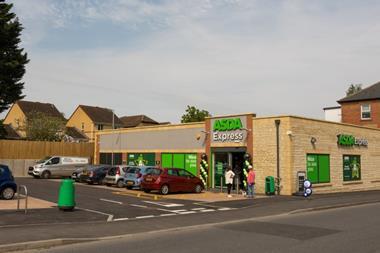The Levelling-up and Regeneration Bill has been the subject of much commentary since its debut on 11 May.

One of its many proposals is to give councils the power to require landlords of units in town centres or high streets that have been empty for more than a year to put those units up for auction. The process includes a notice period and a right of appeal.
A scan of the parliamentary debates shows that the proposals are generally well received by councils, local interest groups and community organisations. Commentary from those representing landlords is more circumspect with questions, for instance, over whether there is evidence of landlords not doing all they can to rent out their town centre properties, particularly in light of their obligations to pay business rates.
The high street is a British institution and often a marker for whether a town or area is doing well or not. There are constant challenges on the high street, which require the intervention of local and central government.
For instance, even before the pandemic completed its ravages, high streets were severely affected by the rise of internet shopping.
Planning is an important part of the sustenance and improvement of the high street and provides the legal framework for various matters, including integrating residential uses into the high street and the recent roll-out of more permitted development rights to convert retail units to residential, making sure retail and entertainment uses do not interfere with the amenities of nearby houses and protecting the heritage assets on high streets.
If they come into force, it will be interesting to see how the proposed powers affect the various roles of the planning system, including maintaining the balance of uses on the high street, and also more generally how planning and lease restrictions will feature in the use of these powers.
Tracy Lovejoy is a senior associate at Irwin Mitchell




























No comments yet